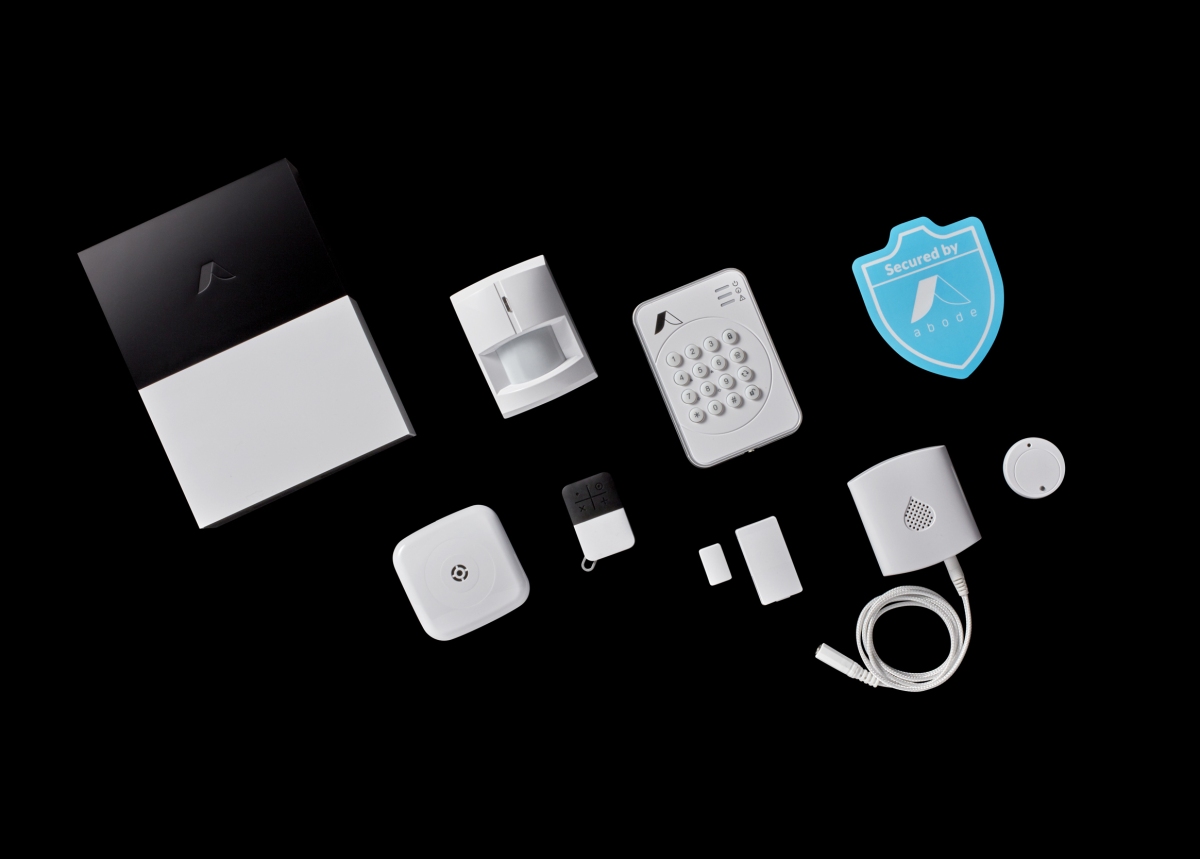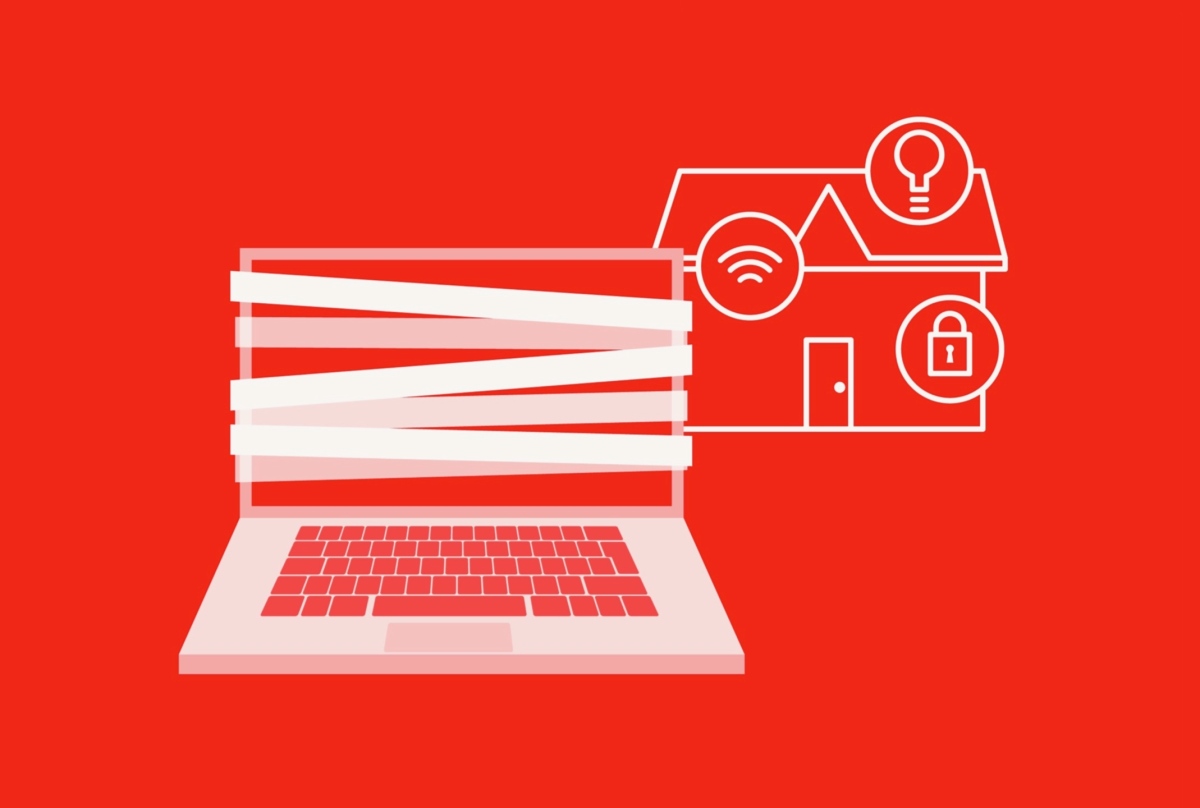A bug in Abode’s home security system could let hackers remotely switch off cameras • ZebethMedia
A security vulnerability in Abode’s all-in-one home security system could allow malicious actors to remotely switch off customers’ security cameras. Abode’s Iota All-In-One Security Kit is a DIY home security system that includes a main security camera, motion sensors that can be attached to windows and doors, and a hub that can alert users of unwanted movement in their homes. It also integrates with third-party smart hubs like Google Home, Amazon Alexa and Apple HomeKit. Researchers at Cisco’s Talos cybersecurity unit this week disclosed several vulnerabilities in Abode’s security system, including a critical-rated authentication bypass flaw that could allow anyone to remotely trigger several sensitive device functions without needing a password by bypassing the authentication mechanism of the devices. The flaw, tracked as CVE-2022-27805 and given a vulnerability severity rating of 9.8 out of 10, sits in the UDP service — a communications protocol used to establish low-latency connections between applications on the internet — responsible for handling remote configuration changes. As explained by Matt Wiseman, a senior security researcher at Cisco Talos, a lack of authorization checks means an attacker can remotely execute commands through Abode’s mobile and web applications, such as rebooting the device, changing the admin password and completely disarming the security system. Wiseman told ZebethMedia that, in general, the affected device would be deployed in a local network and wouldn’t be directly accessible over the internet. “The more likely attack is from someone on the local network or if someone has access to the device through Abode’s network — for example, if they have the username and password for the mobile application.” “That being said, it could be deployed in a situation where it’s directly accessible over the internet or where someone specifically routes traffic to certain services,” added Wiseman. Talos on Thursday disclosed several other vulnerabilities in Abode’s security system. This includes several 10-rated vulnerabilities that could be exploited by sending a series of malicious payloads to execute arbitrary system commands with the highest privileges and a second authentication bypass flaw that could allow an attacker to access several sensitive functions on the device, including triggering a factory reset, simply by setting a particular HTTP header to a hard-coded value. Cisco initially disclosed the vulnerability to Abode in July and publicly disclosed the flaws this week after patches were made available. Users are advised to update their Iota All-In-One Security Kit to the latest version as soon as possible. In a statement given to ZebethMedia, Chris Carney, Abode’s founder and CEO said: “As a security-first company, we promptly worked to fix, address and patch their findings. This work has already been done, completed and pushed as an update to customers. Additionally, there have been zero reports from Abode customers related to these findings.” Carney confirmed Abode worked with Talos to resolve the security issues. News of flaws in Abode’s internet-connected home security system comes after the U.S. government this week shared more details about its plans to launch a cybersecurity labeling program for consumer Internet of Things devices to better protect Americans from “significant national security risks.” The initiative will launch next year for the “highest-risk” devices — including home security cameras.

